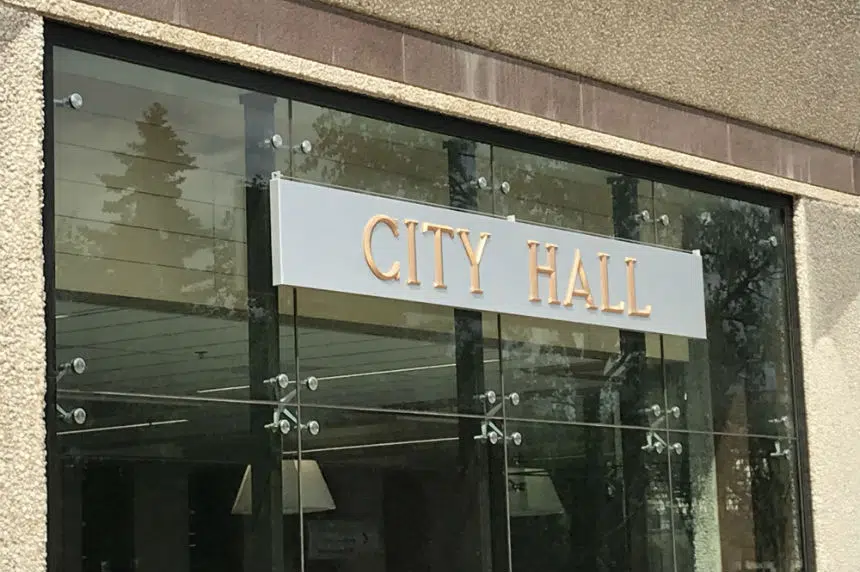The city’s executive committee will have to jump between a few very different topics at Wednesday’s meeting.
First, it’ll discuss the changes to make voting in the fall municipal election safer during a pandemic.
There are recommendations to make using mail-in ballots easier so as to limit the contact people might have with others.
“Mail-in ballots will be promoted and encouraged as a main method of voting to reduce the amount of in-person voting at the polls this fall. This should assist in preventing large gatherings at each poll to help stop the spread of COVID-19,” read the report to the committee.
The changes would allow more people to use mail-in ballots, such as anyone who can’t go to an established polling place instead of just those with mobility issues. The changes would also allow more people to witness applications and verify a person’s identity instead of just an elections officer.
There’s also a recommendation to approve changes which would allow the mail-in ballots to be counted after the close of advanced polls, if there are more than 100 sent in, so as not to hold things up on election night.
There is also a report on contingency plans and costs for the pandemic changes — things like providing sanitizing and protective equipment for workers, and signage at polling stations to remind people to stay away from each other.
The report said the number of staff at polling stations had to be reduced to allow for physical distancing, so the money saved there will pay for the cost of precautions to be put in place.
The committee will also discuss a proposed business relief program, called the Economic Recovery Grant Program. It would provide financial support for local businesses dealing with COVID-19 and fill in the gaps in the federal and provincial programs, not overlap them.
The report on that possibility talks about requests from the Regina and District Chamber of Commerce and the Regina Hotel Association, asking for reductions and relief on property tax rates.
The report said the city has been fielding calls from other business owners as well. Administration said the city isn’t allowed to grant those requests as the city can’t give property tax relief to an entire class of properties, and it would significantly negatively impact the city’s finances.
Instead, the grant program is being proposed.
“The grant will recognize businesses that are reshaping services or products in order to meet changing customer expectations, public health requirements, and/or market demand,” read the report.
The program would be a two-phased approach, one for the short term and one looking longer term. The grants could be as little as $1,000 and as much as $25,000. The report suggests the program be administered by the Regina and District Chamber of Commerce.
Applicants would have to meet one of a list of criteria, including that there be new jobs or people returning to work with the money, that it would support short-term impacts to help keep businesses open, that it would pay for impacts related to reopening businesses, that it would help adopt e-commerce or digital technology, or that it would support the transition to a low carbon future and increase resilience to climate change.
“The Regina Economic Recovery Grant program would not keep a business open; however, it would support and help businesses change and adapt to the new way of being and help ensure their long-term survivability,” said the report.
Last on the committee’s agenda for Wednesday are the details around a licensing program for body rub parlours.
In the past year or so, the city has decided to allow and license the businesses and now is getting down to what exactly that means.
The recommended program would have a list of requirements for licences. They include that workers have criminal record checks, complete an education program, and prove their age and that they have the ability to work in Canada.
The certificate of approval would be done by the Regina Police Service.
“The process will include a Criminal Record Check (CRC) and full enquiry into the applicant’s suitability for a BRE (body rub establishment) licence and/or providing services in such an establishment,” said the report.
In the interest of promoting safety, the report also suggests that parlours require government photo ID from customers, that the establishments not be allowed to operate between 2 a.m. and 10 a.m., that there be a minimum of two workers present at any time, and that there be panic alarms in or near all treatment rooms.
The proposed annual licence fee would be $630, and it’s suggested any violation fines be dealt with in court.
The executive committee meeting is set to start at 9 a.m. Wednesday.







